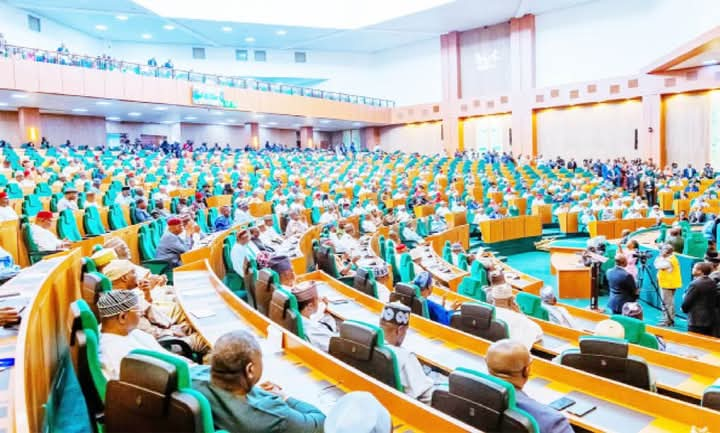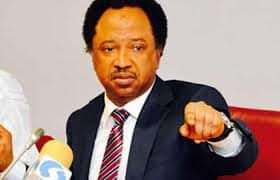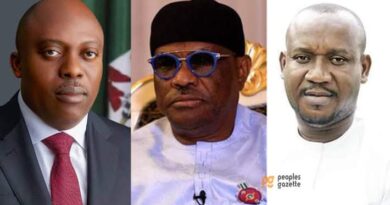Bill to return Nigeria to parliamentary system of government passes second reading at House of Representatives
A bill seeking to return the country to a parliamentary system of government passed its second reading on the floor of the House of Representatives on Thursday.
The bill was among 31 Constitution amendment bills passed for second reading at the plenary presided over by Deputy Speaker, Benjamin Okezie Kalu.
The proposed legislation, titled: “A Bill for an Act to Alter the Provisions of the Constitution of the Federal Republic of Nigeria, 1999, to Provide for the Office of the Prime Minister as Head of Government and the Office of President as Head of State and to Provide for a Framework for the Mode of Election to the Said Offices and for Related Matters (HB.1115)”, is sponsored by the House Minority Leader, Kingsley Chinda, and 59 other lawmakers.
If passed, the bill will replace the current presidential system with a parliamentary model, where executive powers will be vested in a Prime Minister elected by the legislature, while the President will serve as the ceremonial Head of State.
Daily Trust reports that 60 members of the House of Representatives had February 14, 2024 introduced three bills proposing alterations to the Nigerian Constitution 1999 (as amended) to transition from the current presidential system to the parliamentary system of government by 2031.
The bills are the Constitution of the Federal Republic of Nigeria, 1999 (Alteration) Bill, 2024 (HB.1115); Constitution of the Federal Republic of Nigeria, 1999 (Alteration) Bill, 2024 (HB.1116) and Constitution of the Federal Republic of Nigeria, 1999 (Alteration) Bill, 2024 (HB.1117).
Briefing journalists after the introduction of the bills, the lawmakers said they came together across party affiliations and regional backgrounds to present the bills proposing constitutional alterations to pave the way for the transition of the system of government.
Abdussamad Dasuki, who spoke on behalf of the sponsors, had said the proposed alterations, when passed, would significantly impact the national political landscape.
“Over the years, the imperfections of the presidential system of government have become glaring to all, despite several alterations to the constitution to address the shortcomings of a system that has denied the nation the opportunity of attaining its full potential.
“Among these imperfections are the high cost of governance, leaving fewer resources for crucial areas like infrastructure, education and healthcare, and consequently hindering the nation’s development progress, and the excessive powers vested in the members of the executive, who are appointees and not directly accountable to the people.
“That (parliamentary) was the governance system of the First Republic, a period when legislative and executive powers were exercised by the representatives of the people in parliament and in the executive, and by the nature of the system, these representatives were accountable to the people. For six years while it was in operation, the system worked for the country,” he said.
The lawmakers had argued that the return of Nigeria to the parliamentary system would make government accountable, responsible, responsive, and ultimately less expensive.




